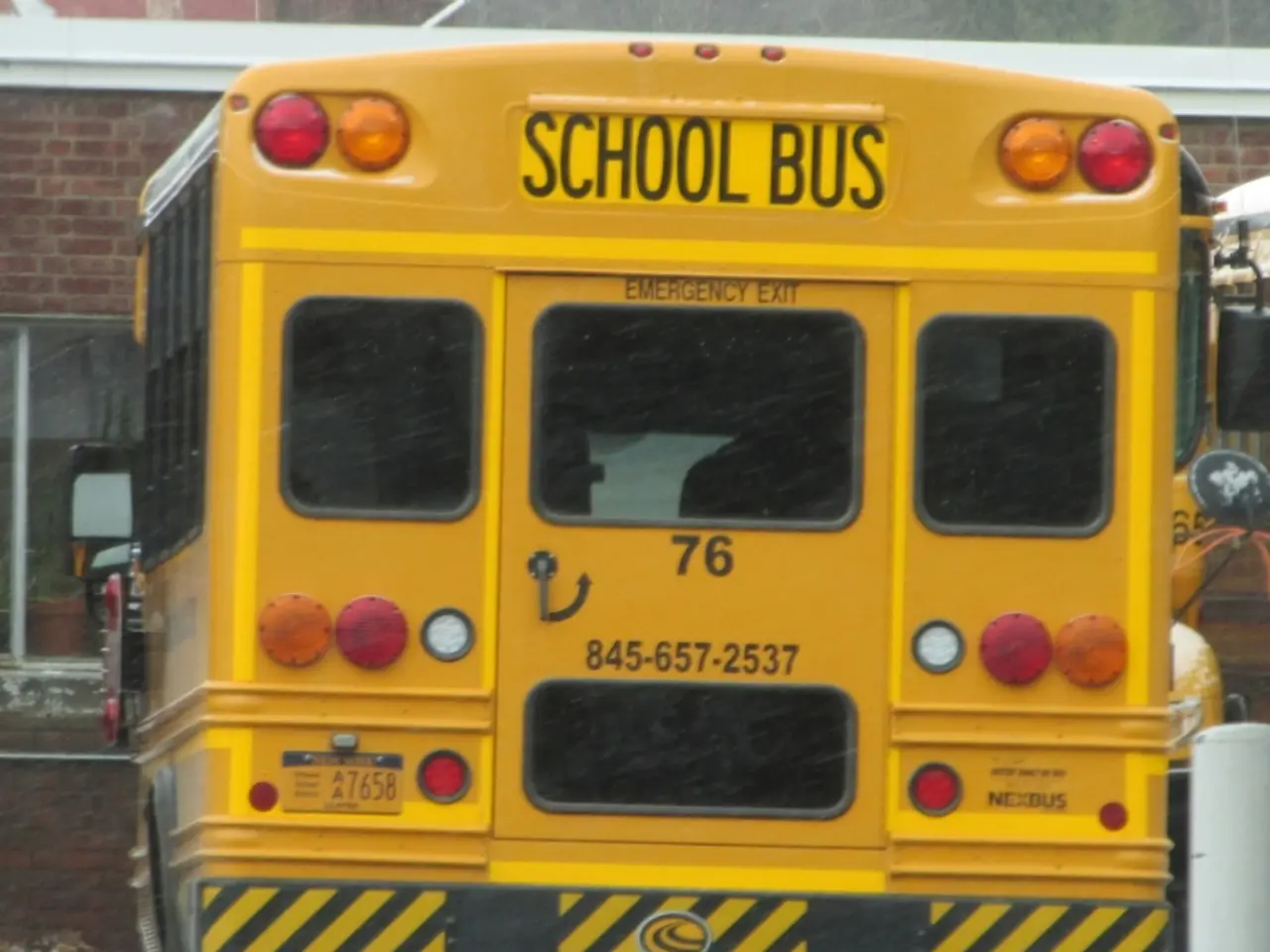Major Developments in NEP 2020: Essential for Parents, Students, and Educators to Familiarize Themselves
The National Education Policy (NEP) 2020, a comprehensive overhaul of India's education system, introduces significant changes aimed at improving the quality of education and teaching. One of the key aspects of this policy is the implementation of the PARAKH Surveys, designed to assess various aspects of education quality, including the percentage of Class 3 students who can read and write, and those who can make a simple transaction using 100 rupees.
Under NEP 2020, the minimum qualification required for the role of a teacher will be a four-year B.Ed. program by 2030. This extended and integrated program will be a dual-major, which will include a bachelor's in education and a specialized subject such as language, history, music, mathematics, computer science, chemistry, economics, art, physical education, and more. The four-year integrated B.Ed. program requirement is significant because it raises the minimum qualification standard for teachers, aiming to enhance the overall quality and professionalism in teaching by 2030.
This extended and integrated program is designed to provide comprehensive, holistic teacher education that includes multidisciplinary knowledge, research skills, and learner-centric pedagogy, thereby preparing teachers better for diverse and evolving classroom needs. The impact of this requirement includes improved teacher quality, professionalization of teaching, holistic and multidisciplinary preparation, mandatory qualification by 2030, alignment with NEP goals, and the elevation of teacher training standards.
In addition to teacher training reforms, NEP 2020 also emphasizes the inclusion of new-age courses rooted in Indian knowledge in the education framework. A new elective course on Indian Knowledge Systems has been introduced for secondary school students under NEP 2020. Furthermore, the policy aims to integrate vocational education programs with mainstream education for at least 50% of students by 2025 in middle and secondary schools.
The new structure under NEP 2020 classifies the class structure into four categories: Foundational, Preparatory, Middle, and Secondary. The Foundational Stage (ages 3-8) includes 3 years of pre-school (ages 3-5) and Classes 1-2 (ages 6-7). The Preparatory Stage (ages 8-11) consists of Classes 3-5. The Middle Stage (ages 11-14) includes Classes 6-8. The Secondary Stage (ages 14-18) covers Classes 9-12.
The results of the first PARAKH Survey, conducted in December 2024 and released in July 2025, showed a significant learning deficit in Classes 3, 6, and 9. These findings underscore the need for the reforms introduced by NEP 2020, which aim to elevate teacher training standards, ensure a more competent and research-informed teaching force, and support India’s evolving education landscape by 2030.
The four-year integrated B.Ed. program, a key aspect of the NEP 2020, aims to elevate teacher training standards for a more competent teaching force by 2030, enhancing education-and-self-development in the process. The new structure under NEP 2020, which Includes courses on Indian Knowledge Systems and the integration of vocational education programs, is designed to support a holistic and multidisciplinary approach to education-and-self-development.




